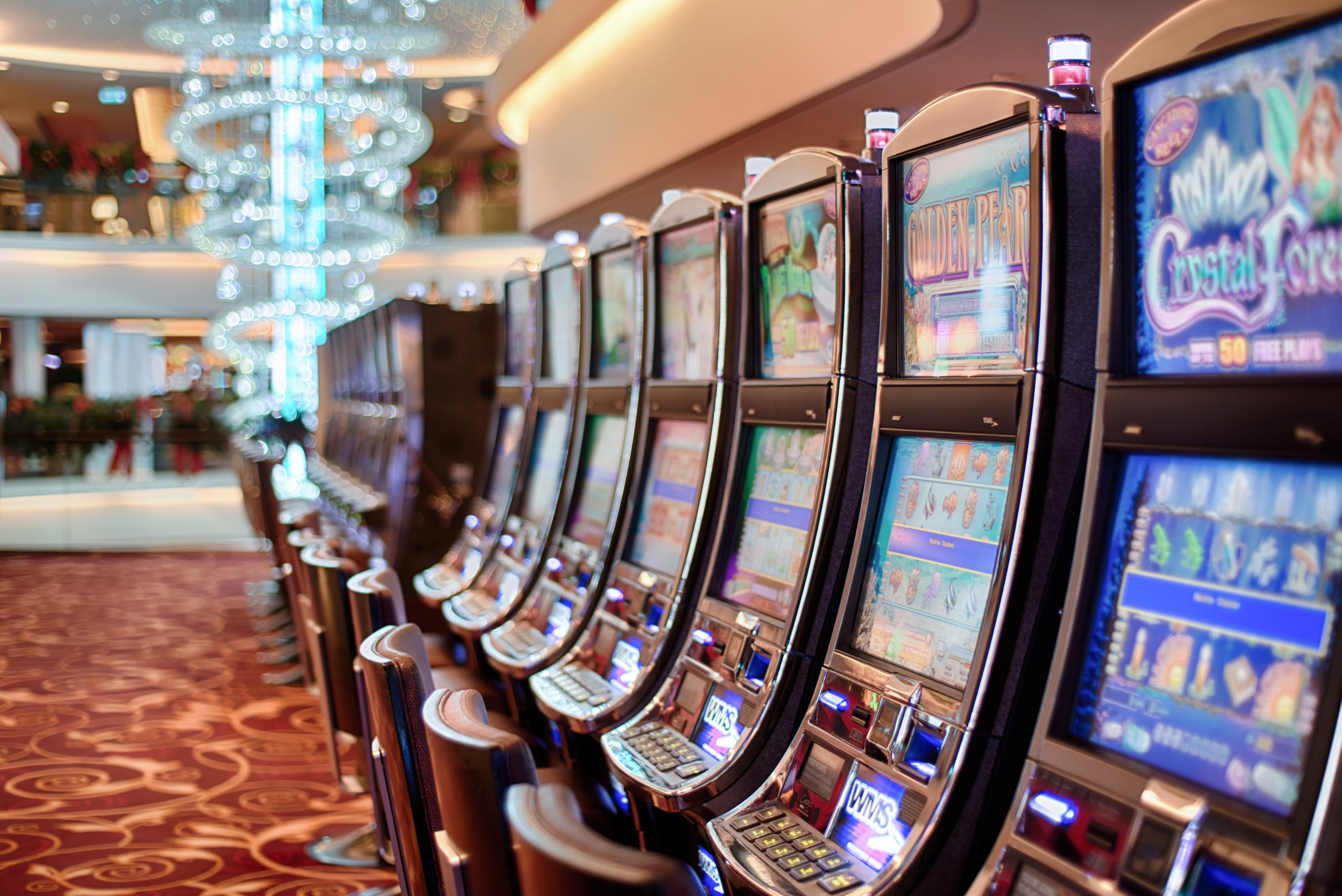 Lawsuits involving slip and fall accidents are widespread. However, specific requirements must be satisfied to prevail in a slip-and-fall case. The following lawsuit helps answer the question: Can a business be held liable if a patron slips and falls on a wet walkway?
Lawsuits involving slip and fall accidents are widespread. However, specific requirements must be satisfied to prevail in a slip-and-fall case. The following lawsuit helps answer the question: Can a business be held liable if a patron slips and falls on a wet walkway?
While walking with her son in the Treasure Chest Casino parking lot, Linda Cangelosi slipped and fell under the outdoor tent that covered part of the walkway entrance into the casino. Cangelosi slipped while stepping from the roadway to the walkway. At the time of her fall, the ground was wet, with puddles. After he fell, employees of Treasure Chest Casino assisted Cangelosi and called an emergency team. Cangelosi declined their offer to transport her to the hospital and continued to the casino. However, about 45 minutes later, she left because her hip hurt. She consulted with a doctor, who provided her with pain medication. Since the accident, Cangelosi had to use a walker and has been in pain. Cangelosi filed a lawsuit against Treasure Chest Casino. Both Cangelosi and Treasure Chest Casino filed motions for summary judgment. The trial court granted Treasure Chest Casino’s summary judgment motion. Cangelosi appealed.
Under La. C.C. art. 2317, the owner of a thing is liable for damage if they knew or should have known about the defect that causes damage, which could have been prevented if the owner had exercised reasonable care. Further, under La. C.C. art. 2322, this also applies to building owners. Therefore, if Cangelosi provided sufficient evidence that Treasure Chest Casino knew or should have known about the wet walkway that caused her slip and did not act reasonably, she could prevail in her lawsuit.
On appeal, Cangelosi argued the casino’s walkway was unreasonably dangerous and defective, which resulted in her fall. She claimed there was a hazardous condition from the passing vehicles and improper drainage. She claimed her allegation there were all kinds of debris and liquids was sufficient to establish there was a hazardous condition. Treasure Chest Casino countered Cangelosi did not provide sufficient evidence to prove there was an unreasonable dangerous condition they failed to warn patrons about. Treasure Chest Casino specifically pointed to a non-skid product it used on its walkways.
Additionally, Cangelosi and her son testified they knew the ground was wet because it had rained most of the day. A video of Cangelosi’s fall showed she stepped directly into a puddle, which the appellate court explained was an obvious hazard. Thus, Treasure Chest Casino had adequately supported its summary judgment motion with evidence its walk was not defective. In contrast, Cangelosi had not provided evidence of an unreasonably dangerous condition that caused her fall. Therefore, the appellate court agreed with the trial court’s grant of Treasure Chest Casino’s summary judgment motion because there were no disputes of material facts.
This case at the Treasure Chest Casino highlights the importance of establishing liability in such incidents. While Cangelosi argued that the casino’s walkway was unreasonably dangerous and defective, the appellate court ultimately found that she had not provided sufficient evidence to support her claim. The court’s decision underscored the importance of addressing the presence of clear hazards and the responsibility of business owners to ensure a safe environment for patrons. If you find yourself in a similar situation, seeking legal counsel is crucial to understanding your potential for success in a lawsuit against the establishment.
Additional Sources: Linda Cangelosi v. Treasure Chest Casino, LLC
Article Written By Berniard Law Firm
Additional Berniard Law Firm Article on Slip and Fall Accidents: Slip and Fall in Louisiana Convenience Store Lawsuit Discusses Open and Obvious Risk
 Insurance Dispute Lawyer Blog
Insurance Dispute Lawyer Blog

